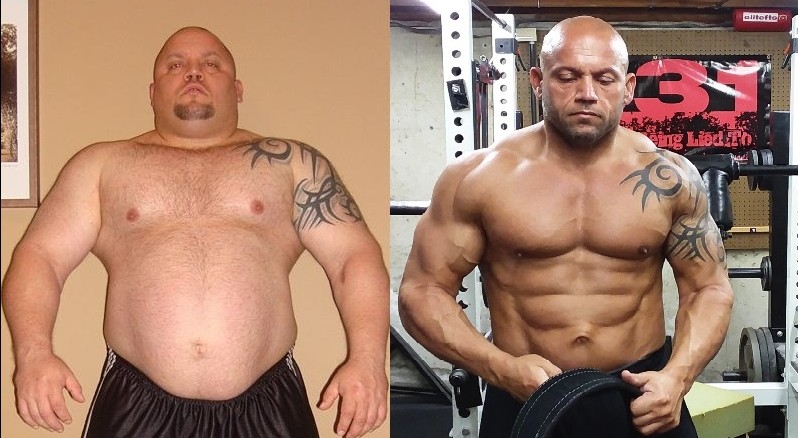
Have you ever heard the expression "Knowledge is power?" Well, those words apply to so many things in life including successful fat loss.
Considering I have taken and kept off over 100 pounds, I get lots of people asking me for help in getting leaner. The first question I now ask people is "What are your maintenance calories?" Overwhelmingly, most people don't know.
Whether you are tracking calories or not, the only way to lose weight is by being in a calorie deficit, short of liposuction or losing a body part. So by knowing your maintenance calories, you are armed with the most important information necessary to lose weight and more importantly, fat.
Yet a lot of people who want to lose weight have no desire to track calories, I don't get it. My blog is on EliteFTS. Most people who come to EliteFTS train with weights. Every successful lifter I have ever known has some type of training plan based off of numbers. I have never met any lifter worth his or her salt who if I asked them what they were doing for training today would respond "I don't know, I'm just going to wing it." So why would you wing it with your diet?
Now that we have established the importance of knowing your maintenance calories, here's how you do it. Luckily, it's easier than ever. All you need is to download a calorie tracking app and get a food scale. I use the free myfitnesspal app. Usually, logging the calories of your normal eating habits for just two weeks will give you an idea of what your maintenance calories are.
The biggest complaint I often get at this time is, "It takes too long to track your calories." To that, I answer "Then stay fat." I can't help people who don't want to help themselves. Seriously, the calorie tracking thing is a bit of a pain when you start, but I promise, it gets easier.
I have been tracking calories for years now. It's a way of life. It's funny because I can often look at an amount of food or drink and tell you fairly accurately how many ounces something is. Jessica and I have also taken the time to create our own foods on the app of frequently eaten meals we prepare at home. Again, it takes a little time at first, but it's well worth it.
Here's an important part of the process, TRACK EVERY CALORIE. Just because you don't track it, it doesn't mean it didn't go in your body. Don't lie to yourself. I don't care if you binged on fast food or a bunch of candy. I'm not judging and neither will the app on your phone. Remember, knowledge is power. This is important data that will ensure success.
Another tip, don't get caught up in the minutia. A lot of people I have worked with perseverate over being exact. It becomes so tedious that they give up, or even worse, never start. Don't sweat the small stuff. There's going to be a margin of error both plus and minus. It all equals out. Just be consistent.
So there you go, take a few weeks and track all of your calories. I'll follow up with another Operation Be Less Fat blog soon on what to do next.









Please help me.